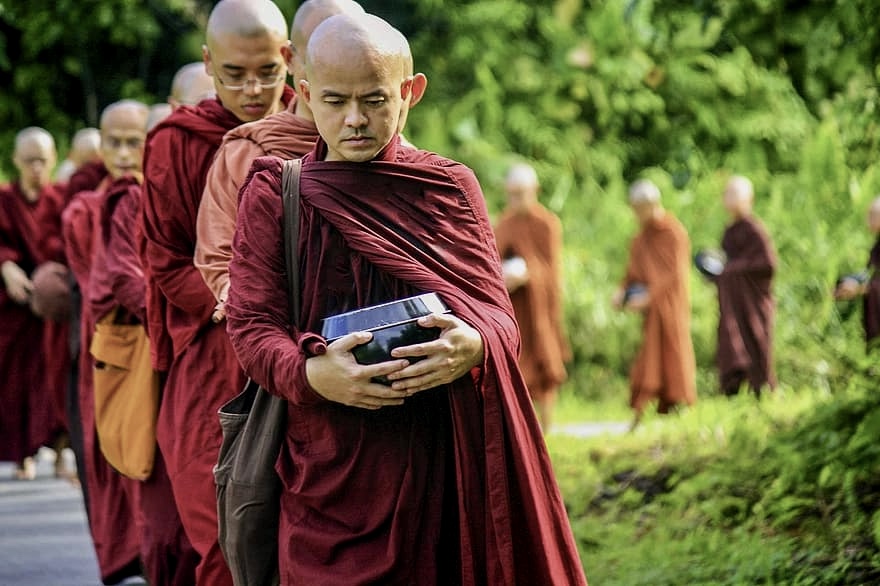
If you find anything
better in human life than justice,
honesty, moderation and courage — if,
to put it generally, you find anything better
than the self-sufficiency of your mind on those
occasions that your actions are compatible with
right reason, as well as when something is allotted
to you by fate without your having chosen it —
if, I say, you’re aware of anything better
than this, turn to it with all your heart
and enjoy the supreme good
you’ve discovered.
But if you find
nothing better than the
guardian spirit lodged within you,
which has brought all your particular
impulses under its control, which scrutinizes
your thoughts, which, as Socrates used to say, has
withdrawn itself from sensations, which has put itself
in the gods’ hands, and which cared providentially for
other people — if everything else turns out to be
trivial and worthless by comparison,
then make room for
nothing else.




